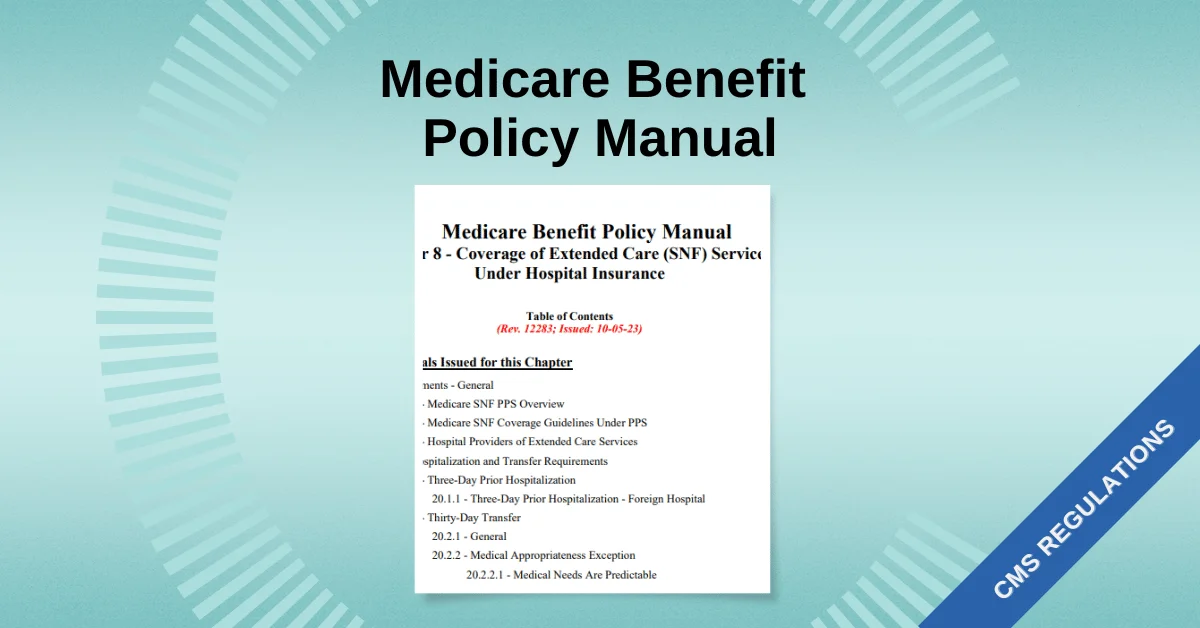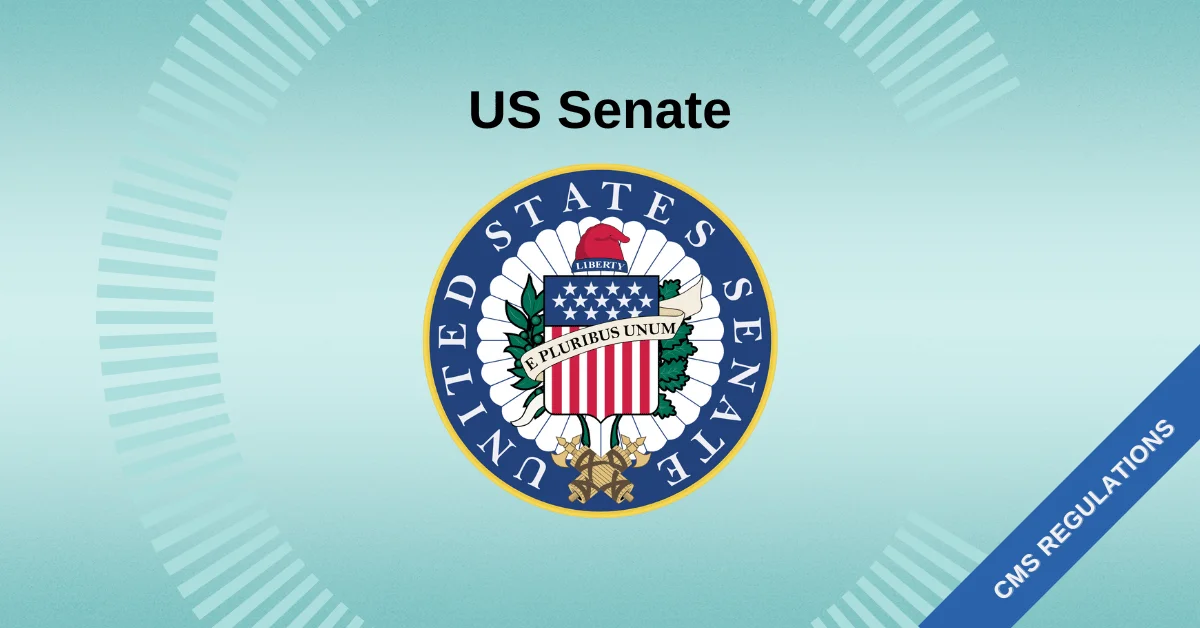
This trend affects skilled nursing facilities as they rely heavily on Medicare Advantage for reimbursement. The increasing use of prior authorization can lead to delays in care, increased administrative burden, and potential denials of necessary services for residents, impacting both the quality of care provided and the financial stability of the facility.
Virtually all enrollees in Medicare Advantage (99%) are required to obtain prior authorization for some services – most commonly, higher cost services, such as inpatient hospital stays, skilled nursing facility stays, and chemotherapy. This contrasts with traditional Medicare, where only a limited set of services require prior authorization. Prior authorization requirements are intended to ensure that health care services are medically necessary by requiring approval before a service or other benefit will be covered. Medicare Advantage insurers typically use prior authorization, along with other tools, such as provider networks, to manage utilization and lower costs. This may contribute to their ability to offer extra benefits and reduced cost sharing, typically for no additional premium, while maintaining strong financial performance.
Key Takeaways:
Biniek, J. F., Sroczynski, N., & Neuman, T. (2024, August 8). Use of prior authorization in Medicare Advantage exceeded 46 million requests in 2022 | KFF. KFF. https://www.kff.org/medicare/issue-brief/use-of-prior-authorization-in-medicare-advantage-exceeded-46-million-requests-in-2022/
Gamble, M. (n.d.). Medicare Advantage + prior authorizations: 19 numbers to know. https://www.beckershospitalreview.com/finance/medicare-advantage-prior-authorizations-19-numbers-to-know.html
Medicare Advantage Plans denied a larger share of prior authorization requests in 2022 than in prior years | KFF. (2024, August 8). KFF. https://www.kff.org/medicare/press-release/medicare-advantage-plans-denied-a-larger-share-of-prior-authorization-requests-in-2022-than-in-prior-years/



